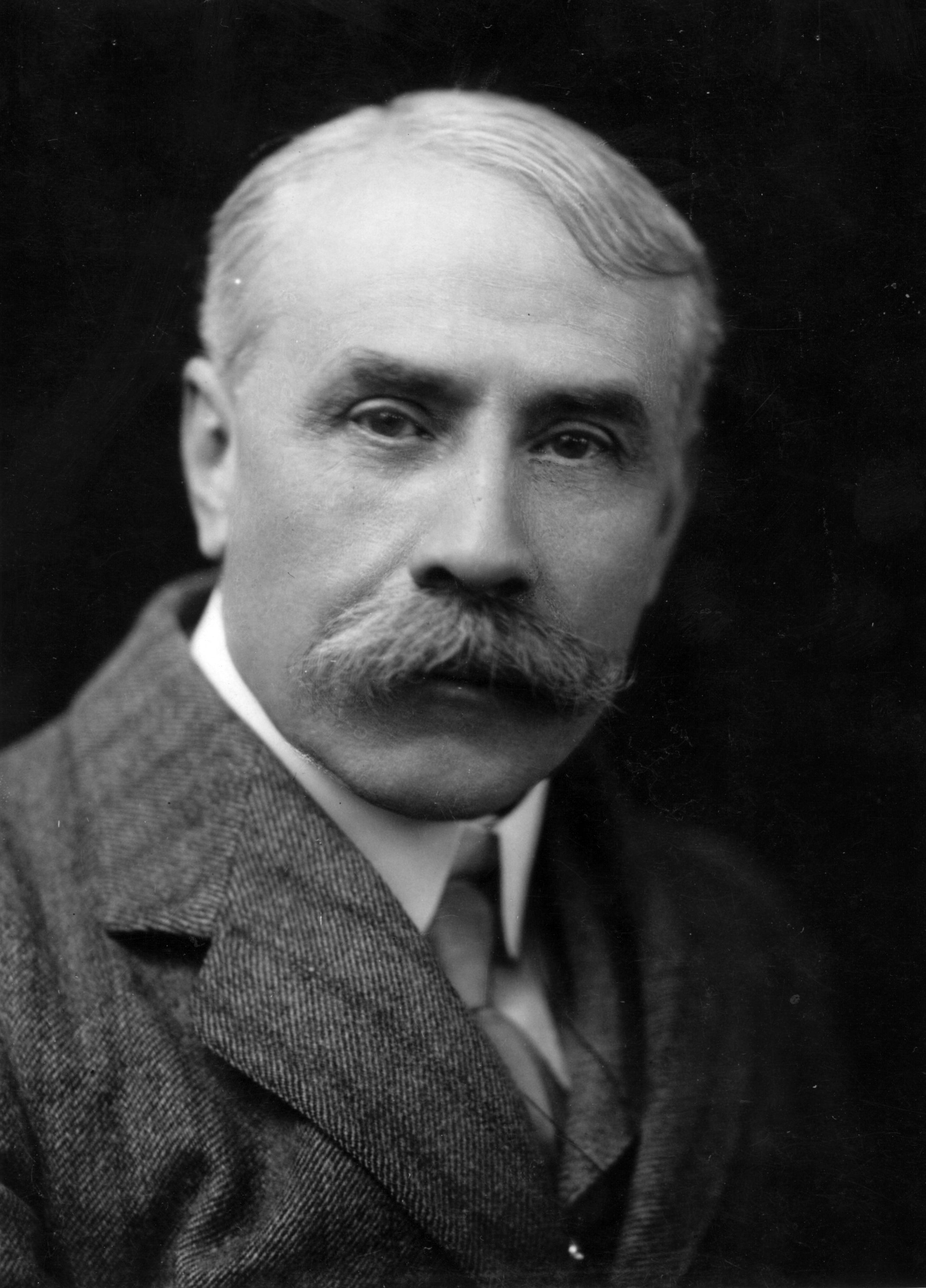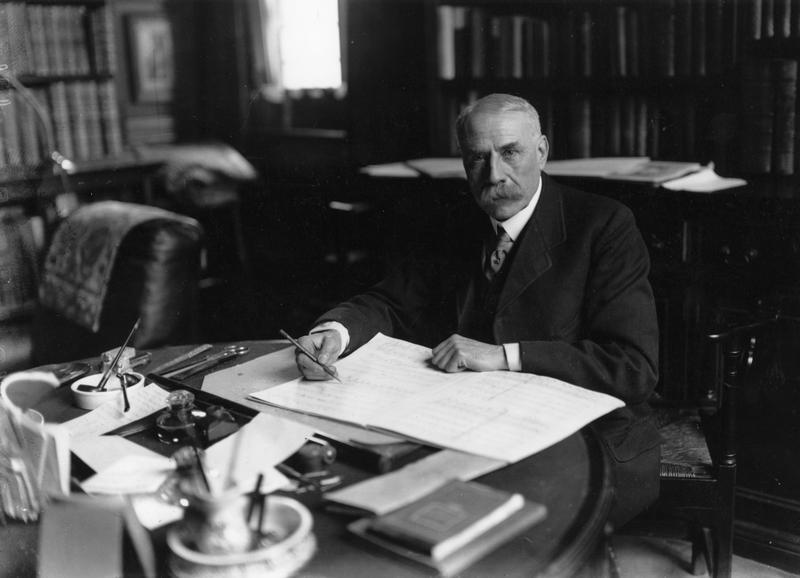
Hector Berlioz's The March to the Scaffold, New York Philharmonic, Leonard Bernstein conductor (Sony Classical)ĥ. Henry Purcell's march from The Married Beau, from Baroque Music for Brass and Organ, Empire Brass Quintet, (Telarc)Ĥ. Felix Mendelssohn's Ruy Blas overture, Bamberg Symphony Orchestra, Claus Peter Flor conductor (RCA Victor)ģ. 1, Royal Philharmonic Orchestra, Yehudi Menuhin conductor (1991, Virgin Classics)Ģ. Sir Edward Elgar's Pomp and Circumstance March No. Music Heard in the Morning Edition Reportġ. Perfect if the graduates know that they will be unemployed, Hoffman says. Or a selection from Hector Berlioz with the unfortunate title of The March to the Scaffold. For example, Henry Purcell's march from The Married Beau, "a sort of specialty processional, but it's a great piece." "I'm not sure I can actually hear or feel the tassels waving there in the breeze," Hoffman says.īut if you're tired of Pomp and Circumstance, there are several terrific alternative marching tunes, he says. What was played as a processional at the Elgar ceremony was the Ruy Blas overture by Felix Mendelssohn, but Hoffman suggests it may not strike some as a graduation theme. It just became the thing that you had to graduate to." "After Yale used the tune, Princeton used it, the University of Chicago Columbia," Hoffman tells NPR's Bob Edwards. It first became associated with graduations in 1905, when it was played when Elgar received an honorary doctorate from Yale University in 1905, but it was played as a recessional, not as a processional, at the ceremony. Elgar's march was used for the coronation of King Edward VII. But it wasn't originally intended for graduations.

Sir Edward Elgar composed Pomp and Circumstance - the title comes from a line in Shakespeare's Othello ("Pride, pomp, and circumstance of glorious war!") - in 1901. Music commentator Miles Hoffman stops by Morning Edition to discuss the famous processional and other marches in this season of commencement exercises and weddings. It's hard to imagine a graduation without it. have a very formal graduation ceremony, accompanied by the traditional graduation music called "Pomp and Circumstance.Pomp and Circumstance.
#POMP AND CIRCUMSTANCE COMPOSER FULL#
So the quoted phrase " graduate in full ceremony to 'Pomp and Circumstance'" could be paraphrased as:

The bride and groom danced to the song "My Girl." When we use the word to followed by the name (or description) of a piece a music, then it means "accompanied by" or "while is playing." The phrase "pomp and circumstance" itself comes from the play "Othello" by William Shakespeare and is frequently used to describe a very serious, important ceremony.
#POMP AND CIRCUMSTANCE COMPOSER TV#
The middle section of march number one is traditionally played as a processional march during formal graduation ceremonies (you can hear it at the Wikipedia article I've linked above), and North Americans are used to calling just this one section "Pomp and Circumstance." It is capable of being "looped" - that is, played over and over again without pause - so it can be used for processions of any length.Īt least in North America, it is used so frequently at graduations that movies and TV shows (and books, as you've quoted) use it to set the mood of a formal graduation. The Pomp and Circumstance Marches are a set of orchestral music compositions by the English composer Sir Edward Elgar. “Each department has its own décor, ranging from the rain forest–themed to Elvis-themed, and employees are encouraged to decorate their work spaces. The 95 percent who turn down the $2,000 graduate in full ceremony to “Pomp andĬircumstance” in front of families and members of their new, nontraditional departments: New recruits offered shots of vodka during hiring interviews and offered $2,000 to quit after their first round of training (Chafkin, 2009).


 0 kommentar(er)
0 kommentar(er)
